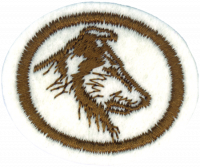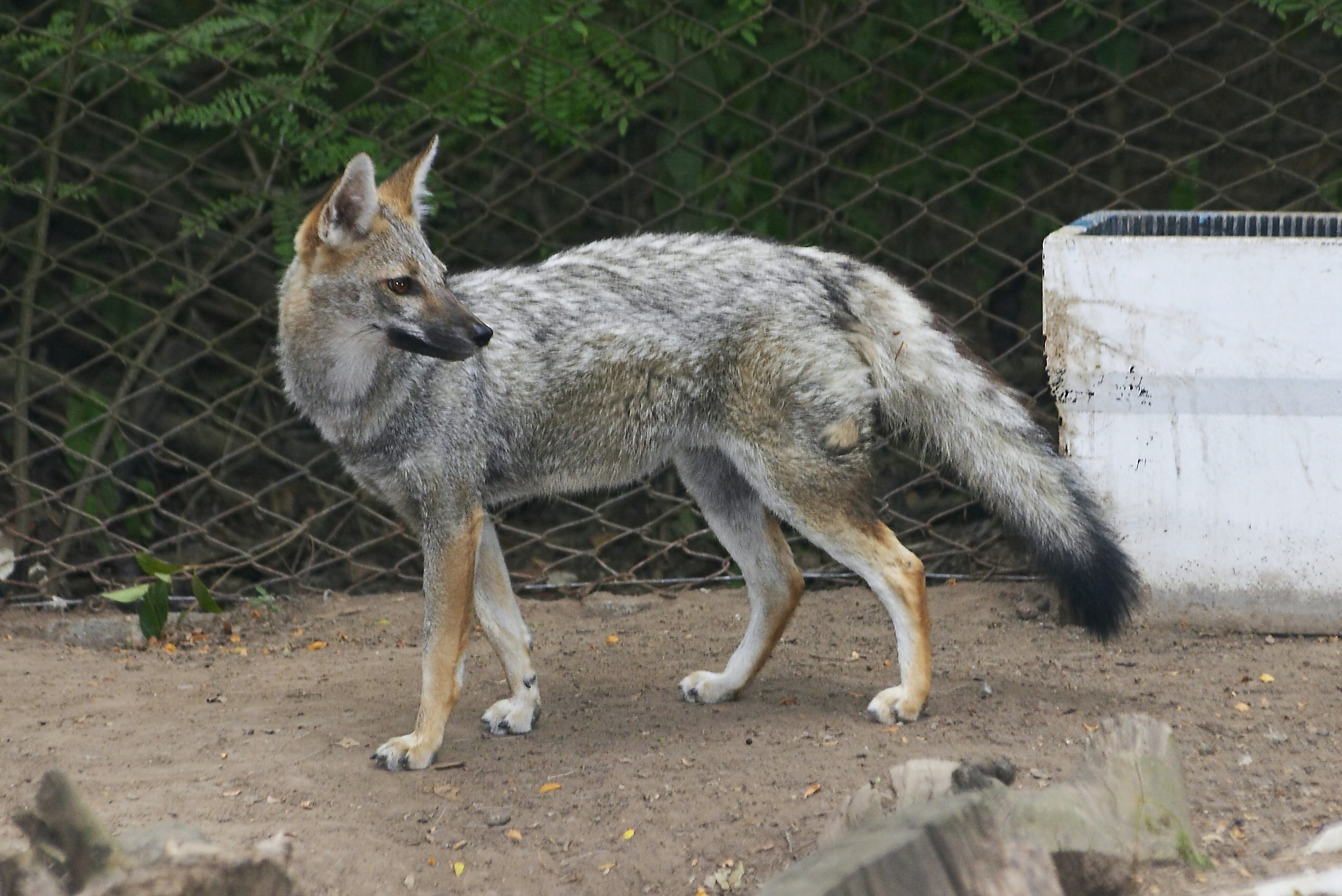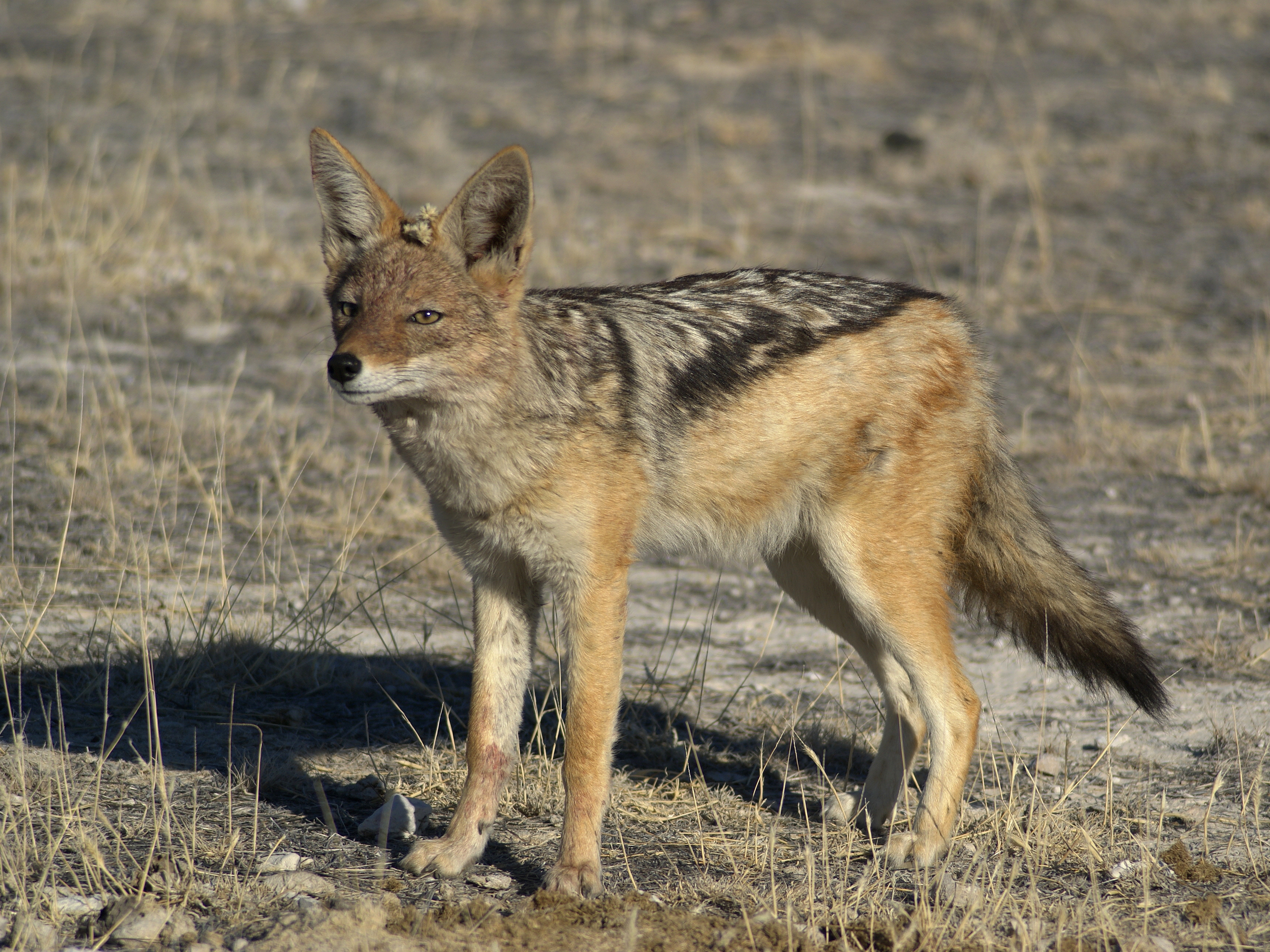Difference between revisions of "AY Honors/Dogs/Answer Key/es"
(Created page with " {{clear}}") |
(Created page with "<noinclude>") |
||
| (5 intermediate revisions by the same user not shown) | |||
| Line 125: | Line 125: | ||
{{CloseReq}} <!-- 4 --> | {{CloseReq}} <!-- 4 --> | ||
{{ansreq|page={{#titleparts:{{PAGENAME}}|2|1}}|num=5}} | {{ansreq|page={{#titleparts:{{PAGENAME}}|2|1}}|num=5}} | ||
| − | <noinclude> | + | <noinclude></noinclude> |
| − | </noinclude> | + | <!-- 5. Nombrar cinco contribuciones que la familia canina ha hecho para el hombre. --> |
| − | <!-- 5. | ||
| − | |||
| − | |||
| − | |||
| − | |||
| − | |||
| − | |||
| − | |||
| − | |||
| − | |||
| − | |||
| − | |||
| − | |||
| − | |||
| − | |||
| − | + | <noinclude></noinclude> | |
| − | <noinclude | ||
| − | |||
{{CloseReq}} <!-- 5 --> | {{CloseReq}} <!-- 5 --> | ||
{{ansreq|page={{#titleparts:{{PAGENAME}}|2|1}}|num=6}} | {{ansreq|page={{#titleparts:{{PAGENAME}}|2|1}}|num=6}} | ||
| − | <noinclude> | + | <noinclude></noinclude> |
| − | </noinclude> | + | <!-- 6. Indicar el nombre de la raza de perro más pequeño y la más grande. --> |
| − | <!-- 6. | + | La raza más pequeña del perro es el '''chihuahua'''. Muchas razas pueden pretender ser el «más grande» dependiendo de cómo «más grande» se define. El más alto es el '''lobero irlandés''', pero es pesa más el mastín, el gran danés y el San Bernardo. El más pesado de estos es el '''San Bernardo'''. |
| − | |||
| − | |||
| − | + | <noinclude></noinclude> | |
| − | <noinclude | ||
| − | |||
{{CloseReq}} <!-- 6 --> | {{CloseReq}} <!-- 6 --> | ||
{{ansreq|page={{#titleparts:{{PAGENAME}}|2|1}}|num=7}} | {{ansreq|page={{#titleparts:{{PAGENAME}}|2|1}}|num=7}} | ||
| − | <noinclude> | + | <noinclude></noinclude> |
| − | </noinclude> | + | <!-- 7. Escribir o describir verbalmente el valor para el hombre de los siguientes perros: --> |
| − | <!-- 7. | + | <noinclude></noinclude> |
| − | <noinclude | ||
| − | |||
{{ansreq|page={{#titleparts:{{PAGENAME}}|2|1}}|num=7a}} | {{ansreq|page={{#titleparts:{{PAGENAME}}|2|1}}|num=7a}} | ||
| − | <noinclude> | + | <noinclude></noinclude> |
| − | </noinclude | ||
| − | |||
| − | |||
| − | + | {{clear}} | |
| − | |||
| − | |||
| − | + | <noinclude></noinclude> | |
| − | <noinclude | ||
| − | |||
{{CloseReq}} <!-- 7a --> | {{CloseReq}} <!-- 7a --> | ||
{{ansreq|page={{#titleparts:{{PAGENAME}}|2|1}}|num=7b}} <!--T:37--> | {{ansreq|page={{#titleparts:{{PAGENAME}}|2|1}}|num=7b}} <!--T:37--> | ||
| − | <noinclude> | + | <noinclude></noinclude> |
| − | </noinclude | ||
| − | |||
| − | |||
| − | + | {{clear}} | |
| − | |||
| − | |||
| − | + | {{clear}} | |
| − | |||
| − | |||
| − | + | <noinclude></noinclude> | |
| − | <noinclude | ||
| − | |||
{{CloseReq}} <!-- 7b --> | {{CloseReq}} <!-- 7b --> | ||
{{ansreq|page={{#titleparts:{{PAGENAME}}|2|1}}|num=7c}} <!--T:40--> | {{ansreq|page={{#titleparts:{{PAGENAME}}|2|1}}|num=7c}} <!--T:40--> | ||
| − | <noinclude> | + | <noinclude></noinclude><noinclude></noinclude> |
| − | </noinclude> | ||
| − | |||
| − | <noinclude | ||
| − | |||
{{CloseReq}} <!-- 7c --> | {{CloseReq}} <!-- 7c --> | ||
{{ansreq|page={{#titleparts:{{PAGENAME}}|2|1}}|num=7d}} | {{ansreq|page={{#titleparts:{{PAGENAME}}|2|1}}|num=7d}} | ||
| − | <noinclude> | + | <noinclude></noinclude><noinclude></noinclude> |
| − | </noinclude> | ||
| − | |||
| − | <noinclude | ||
| − | |||
{{CloseReq}} <!-- 7d --> | {{CloseReq}} <!-- 7d --> | ||
{{ansreq|page={{#titleparts:{{PAGENAME}}|2|1}}|num=7e}} | {{ansreq|page={{#titleparts:{{PAGENAME}}|2|1}}|num=7e}} | ||
| − | <noinclude> | + | <noinclude></noinclude> |
| − | </noinclude | ||
| − | |||
| − | |||
| − | + | <noinclude></noinclude> | |
| − | <noinclude | ||
| − | |||
{{CloseReq}} <!-- 7e --> | {{CloseReq}} <!-- 7e --> | ||
{{CloseReq}} <!-- 7 --> | {{CloseReq}} <!-- 7 --> | ||
{{ansreq|page={{#titleparts:{{PAGENAME}}|2|1}}|num=8}} | {{ansreq|page={{#titleparts:{{PAGENAME}}|2|1}}|num=8}} | ||
| − | <noinclude> | + | <noinclude></noinclude> |
| − | </noinclude> | + | <!-- 8. Escribir o decir qué contribución especial los perros han hecho para el hombre en tiempo de guerra. --> |
| − | <!-- 8. | ||
| − | |||
| − | |||
| − | |||
| − | |||
| − | |||
| − | |||
| − | |||
| − | |||
| − | |||
| − | + | <noinclude></noinclude> | |
| − | <noinclude | ||
| − | |||
{{CloseReq}} <!-- 8 --> | {{CloseReq}} <!-- 8 --> | ||
{{ansreq|page={{#titleparts:{{PAGENAME}}|2|1}}|num=9}} | {{ansreq|page={{#titleparts:{{PAGENAME}}|2|1}}|num=9}} | ||
| − | <noinclude> | + | <noinclude></noinclude> |
| − | </noinclude> | + | <!-- 9. Identificar a partir de fotos o de observación personal cinco perros que están clasificados como perros «de juguete». --> |
| − | <!-- 9. | ||
| − | |||
| − | |||
| − | |||
| − | |||
| − | |||
| − | |||
| − | + | {{clear}} | |
| − | {{ | ||
| − | |||
| − | |||
| − | |||
| − | }} | ||
| − | |||
| − | + | {{clear}} | |
| − | {{ | ||
| − | |||
| − | |||
| − | |||
| − | }} | ||
| − | |||
| − | + | {{clear}} | |
| − | {{ | ||
| − | |||
| − | |||
| − | |||
| − | }} | ||
| − | |||
| − | + | {{clear}} | |
| − | {{ | ||
| − | |||
| − | |||
| − | |||
| − | }} | ||
| − | |||
| − | + | <noinclude></noinclude> | |
| − | <noinclude | ||
| − | |||
{{CloseReq}} <!-- 9 --> | {{CloseReq}} <!-- 9 --> | ||
{{ansreq|page={{#titleparts:{{PAGENAME}}|2|1}}|num=10}} | {{ansreq|page={{#titleparts:{{PAGENAME}}|2|1}}|num=10}} | ||
| − | <noinclude> | + | <noinclude></noinclude> |
| − | </noinclude> | + | <!-- 10. ¿Cuál es el único perro que tiene toda la lengua de color azul o negra? --> |
| − | <!-- 10. | ||
| − | |||
| − | + | En realidad hay 2 perros que tienen una lengua azul o negro, el '''chow chow''' y el '''shar-pei'''. | |
| − | |||
| − | |||
| − | |||
| − | + | <noinclude></noinclude> | |
| − | <noinclude | ||
| − | |||
{{CloseReq}} <!-- 10 --> | {{CloseReq}} <!-- 10 --> | ||
{{ansreq|page={{#titleparts:{{PAGENAME}}|2|1}}|num=11}} | {{ansreq|page={{#titleparts:{{PAGENAME}}|2|1}}|num=11}} | ||
| − | <noinclude> | + | <noinclude></noinclude> |
| − | </noinclude> | + | <!-- 11. ¿Cuál es el perro que corre más rápido? --> |
| − | <!-- 11. | ||
| − | |||
| − | |||
| − | + | <noinclude></noinclude> | |
| − | <noinclude | ||
| − | |||
{{CloseReq}} <!-- 11 --> | {{CloseReq}} <!-- 11 --> | ||
{{ansreq|page={{#titleparts:{{PAGENAME}}|2|1}}|num=12}} | {{ansreq|page={{#titleparts:{{PAGENAME}}|2|1}}|num=12}} | ||
| − | <noinclude> | + | <noinclude></noinclude> |
| − | </noinclude> | + | <!-- 12. ¿Qué miembro de los perros «de juguete» se ha convertido en el más popular? --> |
| − | <!-- 12. | ||
| − | |||
| − | |||
| − | + | <noinclude></noinclude> | |
| − | <noinclude | ||
| − | |||
{{CloseReq}} <!-- 12 --> | {{CloseReq}} <!-- 12 --> | ||
{{ansreq|page={{#titleparts:{{PAGENAME}}|2|1}}|num=13}} | {{ansreq|page={{#titleparts:{{PAGENAME}}|2|1}}|num=13}} | ||
| − | <noinclude> | + | <noinclude></noinclude> |
| − | </noinclude> | + | <!-- 13. ¿Qué perro ha sido especialmente útil en el seguimiento de los delincuentes? --> |
| − | <!-- 13. | ||
| − | |||
| − | |||
| − | + | <noinclude></noinclude> | |
| − | <noinclude | ||
| − | |||
{{CloseReq}} <!-- 13 --> | {{CloseReq}} <!-- 13 --> | ||
{{ansreq|page={{#titleparts:{{PAGENAME}}|2|1}}|num=14}} | {{ansreq|page={{#titleparts:{{PAGENAME}}|2|1}}|num=14}} | ||
| − | <noinclude> | + | <noinclude></noinclude> |
| − | </noinclude> | + | <!-- 14. Escribir o decir una historia de perros. --> |
| − | <!-- 14. | ||
| − | |||
| − | |||
| − | |||
| − | |||
| − | |||
{{clear}} | {{clear}} | ||
| − | |||
| − | + | {{clear}} | |
| − | |||
| − | |||
| − | |||
| − | |||
{{clear}} | {{clear}} | ||
| − | |||
| − | + | <noinclude></noinclude> | |
| − | <noinclude | ||
| − | |||
{{CloseReq}} <!-- 14 --> | {{CloseReq}} <!-- 14 --> | ||
| − | <noinclude> | + | <noinclude></noinclude> |
| − | </noinclude> | + | ==Referencias== |
| − | == | + | [[Category:Adventist Youth Honors Answer Book/es]] |
| − | + | <noinclude></noinclude> | |
| − | |||
| − | |||
| − | |||
| − | |||
| − | [[Category:Adventist Youth Honors Answer Book/ | ||
| − | <noinclude | ||
| − | |||
{{CloseHonorPage}} | {{CloseHonorPage}} | ||
Latest revision as of 23:40, 9 April 2021
1
El nombre científico de la familia de perros es «Canidae» o «Canino».
2
- Los caninos tienen 42 dientes.
- Caminan sobre sus dedos.
- Tienen cuatro garras en sus patas traseras y cinco en las del frente.
- Tienen dos capas - una capa exterior de pelo grueso y una capa interna de pelo fino.
- Su temperatura ronda entre los 38 y 39 centígrados. Las pulgas y las garrapatas son atraídas por el calor, por eso acaban adhiriéndose al perro y no al ser humano. Los perros también sudan pero en vez de hacerlo por la piel (como los seres humanos) lo hacen a través de sus patas.
- Pueden ver colores pero no tan claramente como nosotros podemos (perciben tonalidades de amarillo y azul, pero el rojo lo perciben amarillo y al verde gris), sin embargo son capaces de distinguir a su dueño de otras personas a distancia de más de un kilómetro y medio.
- Tienen una excelente audición debido a sus orejas. Estas tienen un grado de movilidad que les permite determinar rápidamente el origen exacto de un sonido. Un perro pueden detectar el sonido mucho más rápido y hasta una distancia cuatro veces mayor que los humanos.
- Tienen un agudo sentido del olfato. Al nacer es el único sentido que se ha desarrollado, y les sirve para encontrar el pezón de la madre para alimentarse ya que nacen ciegos y sordos. Con su nariz también puede identificar a una pareja, a un enemigo, la ovulación de una hembra, el estado de ánimo de las personas y la salud de los seres humanos.
- No eligen la comida según el gusto, sino según la intensidad del olor.
3
Se presentan aquí varias especies de zorros, pero como instructor, debe sentirse libre de presentarlos como un «miembro». Esto también es cierto para el chacal.
Zorro gris
Zorro gris (Urocyon cinereoargenteus)
Descripción: El zorro gris es pequeño y tiene una parte trasera marrón pimienta, lados colorados, cuello y piernas, un vientre blanco y una franja negra a lo largo de su espalda y cola. Otra franja negra cruza su cara desde la nariz hasta el ojo y continúa hacia el lado de la cabeza. De pie es alrededor de 12-16 pulgadas en los hombros, con un peso de hasta 16 libras y tiene una longitud total del cuerpo de hasta 47 pulgadas. El zorro gris es un ágil cánido capaz de correr hacia arriba y abajo de los árboles con facilidad.
Chacal de lomo negro
Chacal de lomo negro (Canis mesomelas)
Descripción: El chacal de lomo negro (Canis mesomelas) es un canino africano con una apariencia de zorro, piel morena y una gruesa franja de negro y plata que corre por su espalda. Pesan de 15 a 30 libras y miden de 15 a 30 centímetros en el hombro. Los machos suelen ser más grandes que las hembras.
4
Varias razas de perros se presentan aquí, pero esto no es una lista exhaustiva. No se presentan razas de perros falderos aquí como se pueden encontrar en el requisito 9.
5
6
La raza más pequeña del perro es el chihuahua. Muchas razas pueden pretender ser el «más grande» dependiendo de cómo «más grande» se define. El más alto es el lobero irlandés, pero es pesa más el mastín, el gran danés y el San Bernardo. El más pesado de estos es el San Bernardo.
7
7a
7b
7c
7d
7e
8
9
10
En realidad hay 2 perros que tienen una lengua azul o negro, el chow chow y el shar-pei.
11
12
13
14




